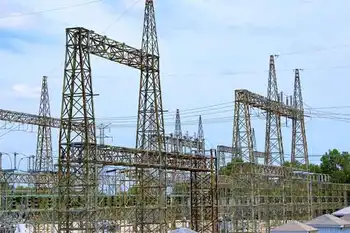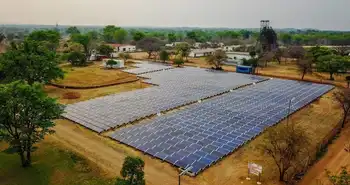Tata Power plans to raise up to $500 mln overseas
"We plan to raise the money in tranches over the next two to three years," said Amulya Charan, its vice president finance, adding that the money would fund ongoing projects and any others that might come up.
Though the company said it was looking at a variety of instruments, several Indian companies have raised money overseas recently through convertible bonds.
Tata Power is building a 330-megawatt hydroelectric power plant in Srinagar, in the northern state of Kashmir, at a cost of 16 billion rupees, and a four billion rupee, 130 megawatt unit at Jojobera in the eastern state of Jharkand.
Part of the Tata group, India's second largest conglomerate, the company is involved in the generation, transmission and bulk distribution of power in Bombay and surrounding areas.
Tata Power's domestic debt was downgraded last month by Indian rating agency ICRA to 'high safety' from 'highest safety. But Charan said that would make no difference because its overseas borrowing would be done at a rate determined by India's sovereign rating, which is lower anyway.
ICRA had said the utility's risk profile had increased as a result of likely long-term competitive pressure in Bombay, regulatory uncertainty and its large exposure to group telecoms businesses through equity exposures and loan guarantees.
India's landmark Electricity Act of June 2003 opened up distribution and transmission to unlimited competition. Consumers and distributors can now choose their supplier, while generators can sell directly to consumers instead of state boards.
Related News

Alberta Introduces New Electricity Rules
EDMONTON - The Alberta government is overhauling its electricity regulations, a move aimed at reducing spikes in electricity prices for consumers and businesses. The new rules, set to be introduced this spring, are intended to stabilize the default electricity rate paid by many Albertans.
Background on the Rate of Last Resort
Albertans currently have the option to sign up for competitive contracts with electricity providers. These contracts can sometimes offer lower rates than the default electricity rate, officially known as the Regulated Rate Option (RRO). However, these competitive rates can fluctuate significantly. Currently, those unable to secure these…





